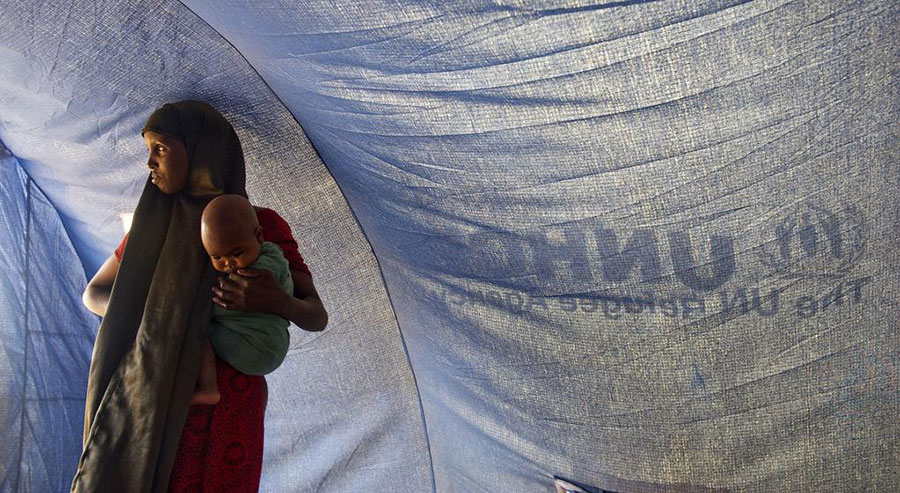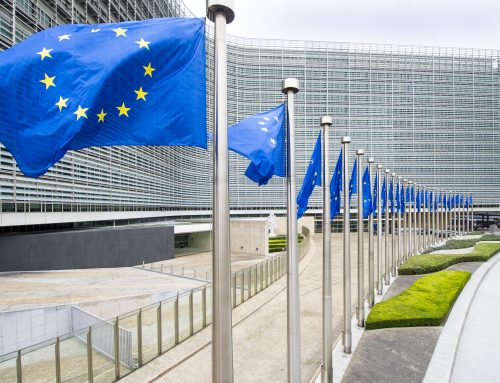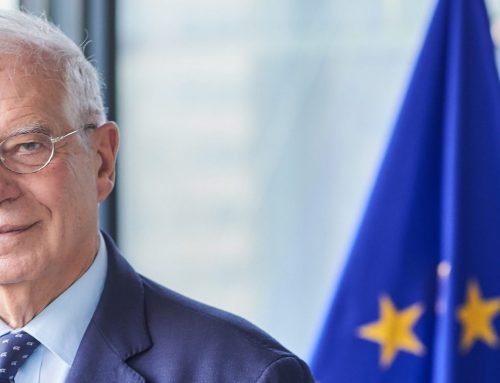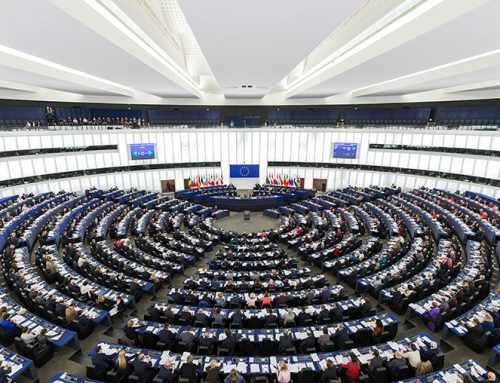On the occasion of World Refugee Day, Frans Timmermans, First Vice-President of the European Commission, Federica Mogherini, High Representative of the Union for Foreign Affairs and Security Policy and Vice-President of the Commission, Johannes Hahn, Commissioner for European Neighbourhood Policy and Enlargement Negotiations, Neven Mimica, Commissioner for International Cooperation and Development, Dimitris Avramopoulos, Commissioner for Migration and Home Affairs, Christos Stylianides, Commissioner for Humanitarian Aid and Crisis Management, and Vera Jourová, Commissioner for Justice, Consumers and Gender Equality, made the following statement:
“Every minute, every day, nearly 31 people are forcibly displaced. Today, more than 68.5 million people have been forced to leave their homes due to conflicts and violence, persecution, natural disasters or the very real consequences of climate change –25.4 million of them are refugees.
More than 67 years after the 1951 Geneva Convention on the Status of Refugees, its international principles remain more valid than ever. These principles are enshrined in the EU’s asylum acquis, and the EU remains committed to continue standing up for those who are in need of help.
As a global player, we are working to tackle and solve the main crises through diplomatic means. As the leading global aid donor in the world, we provide humanitarian assistance and support to refugees, asylum seekers, displaced people, inside and outside Europe. We have shown unprecedented support during the migratory crisis of 2015 and 2016 by accommodating hundreds of thousands of refugees fleeing war and persecution, and we continue to provide protection to those in need: in 2017 alone, EU Member States granted protection to more than 538 000 people.
Our support also reaches those displaced by long-standing conflicts, from Afghanistan to Colombia to the Horn of Africa, while responding to emerging crises, such as the displacement of the Rohingyas. It has given a lifeline to millions of Syrian refugees and their host communities inside the country and across the region.
In this endeavour we work hand in hand with our partners around the world, certain that only a global response can match the challenge ahead. To this end we are building an ever closer relation with the United Nations High Commissioner for Refugees, responding to the plight of refugees worldwide and developing innovative solutions. For example, in November 2017, together we put in place an Emergency Transit Mechanism to evacuate those in need of international protection from Libya for further resettlement to Europe and have so far already helped over 1,600 people. These very same principles of solidarity, shared responsibility, multilateralism and engagement will be guiding us towards the adoption of the UN Global Compact on Refugees later this year.
But challenges remain. We must continue our work together with our Member States to establish more legal and safe pathways and close the dangerous and irregular migration routes. Over the next two years, Member States have committed to resettle more than 50,000 of the most vulnerable persons and provide them with a new home in the EU. We must also reach, without delay, an agreement on the reform our Common European Asylum System based on the principles of responsibility and solidarity. And we must work harder to foster the integration of those who receive protection in the European Union and in particular the most vulnerable, such as women and children.
In times of increasing divisive rhetoric against vulnerable people fleeing war and persecution, the EU is and will continue to protect those in need, and we will continue to endeavour to bring stability where there is conflict.”
For more Information:
- Factsheet – Forced displacement: refugees, asylum-seekers and internally displaced people (IDPs)
- Website – The EU Facility for Refugees in Turkey
- Website – EU Regional Trust Fund in Response to the Syrian Crisis
- Event in Brussels (19/06/2018) – Cultural night with Syrian, Iraqi, Palestinian and Belgian artists




